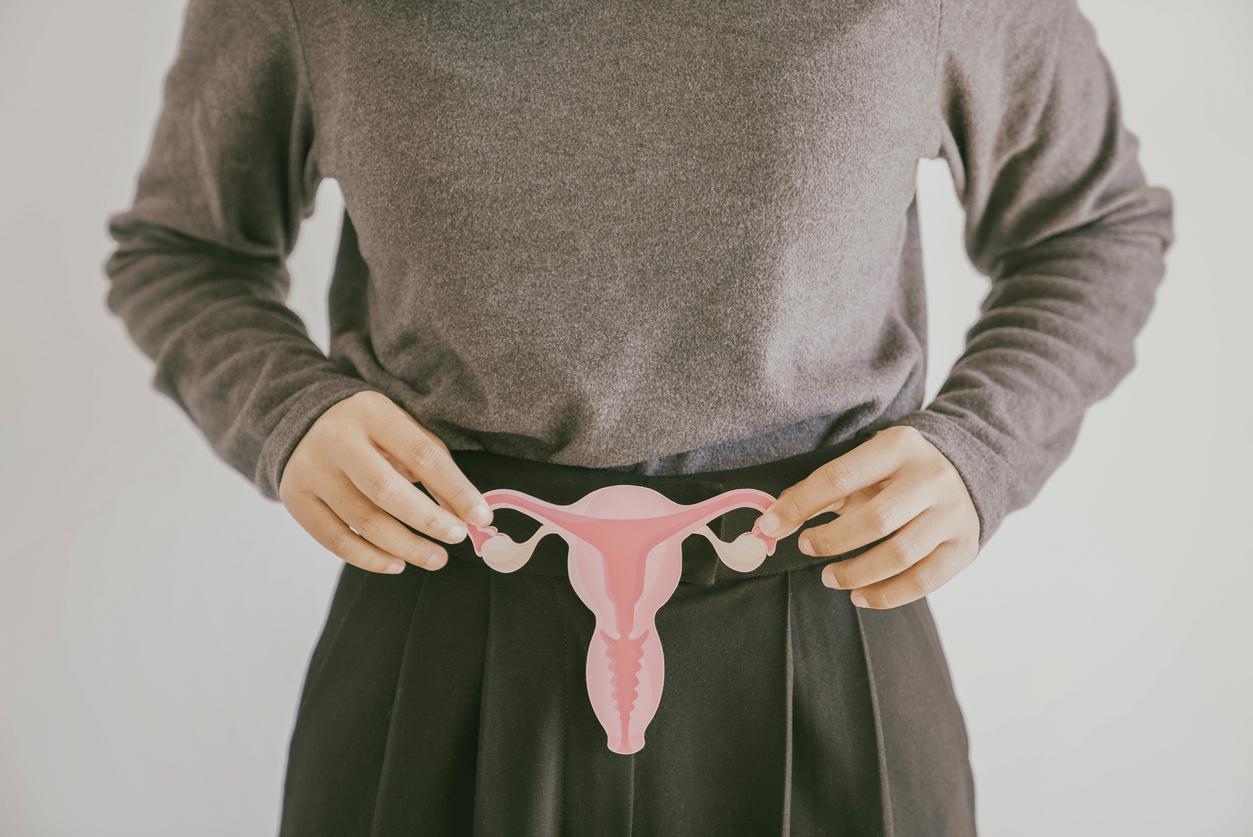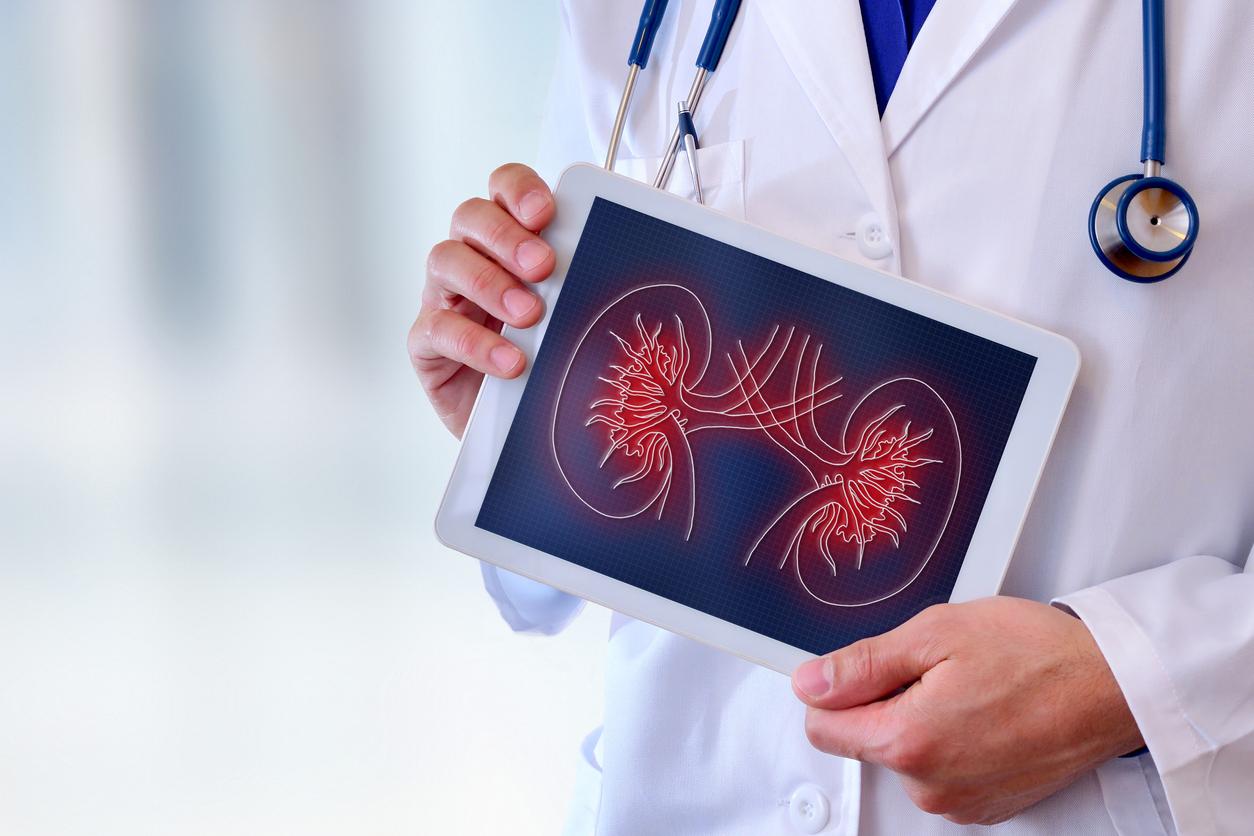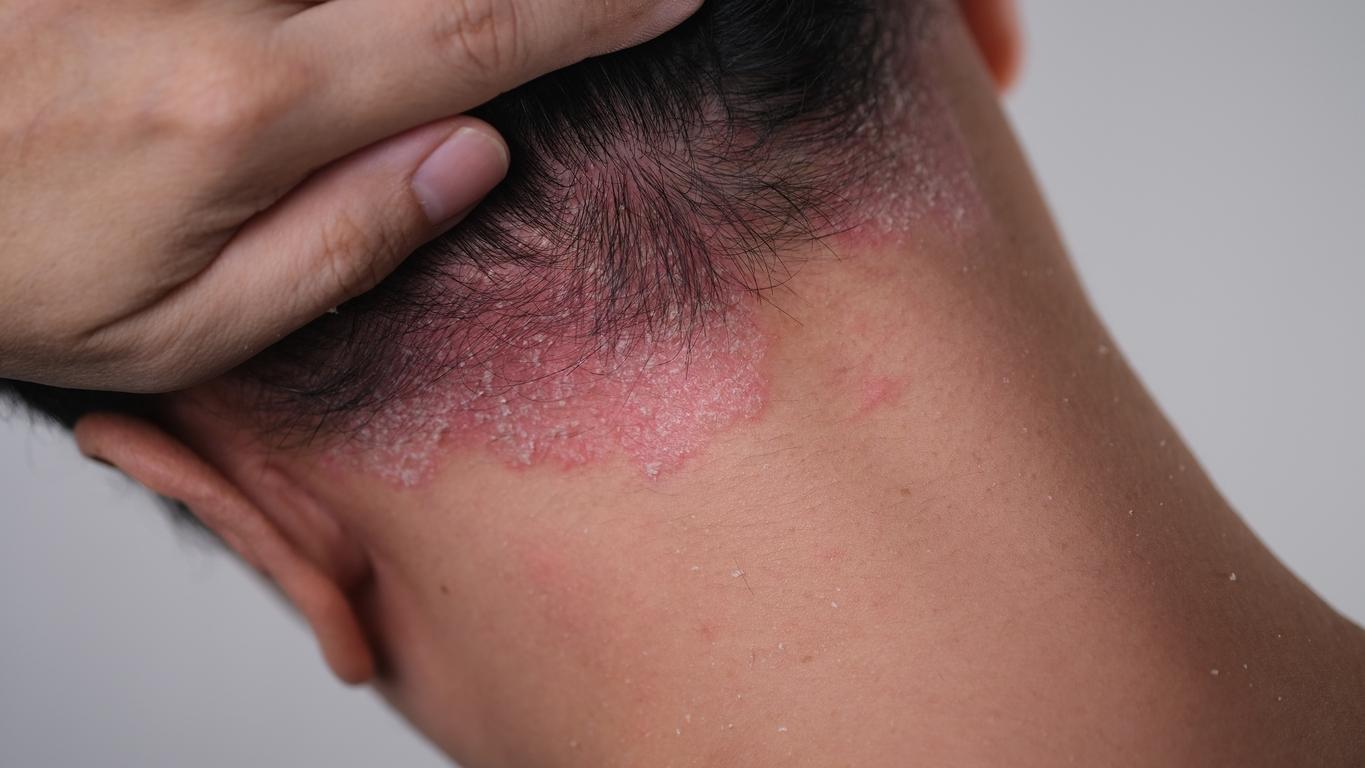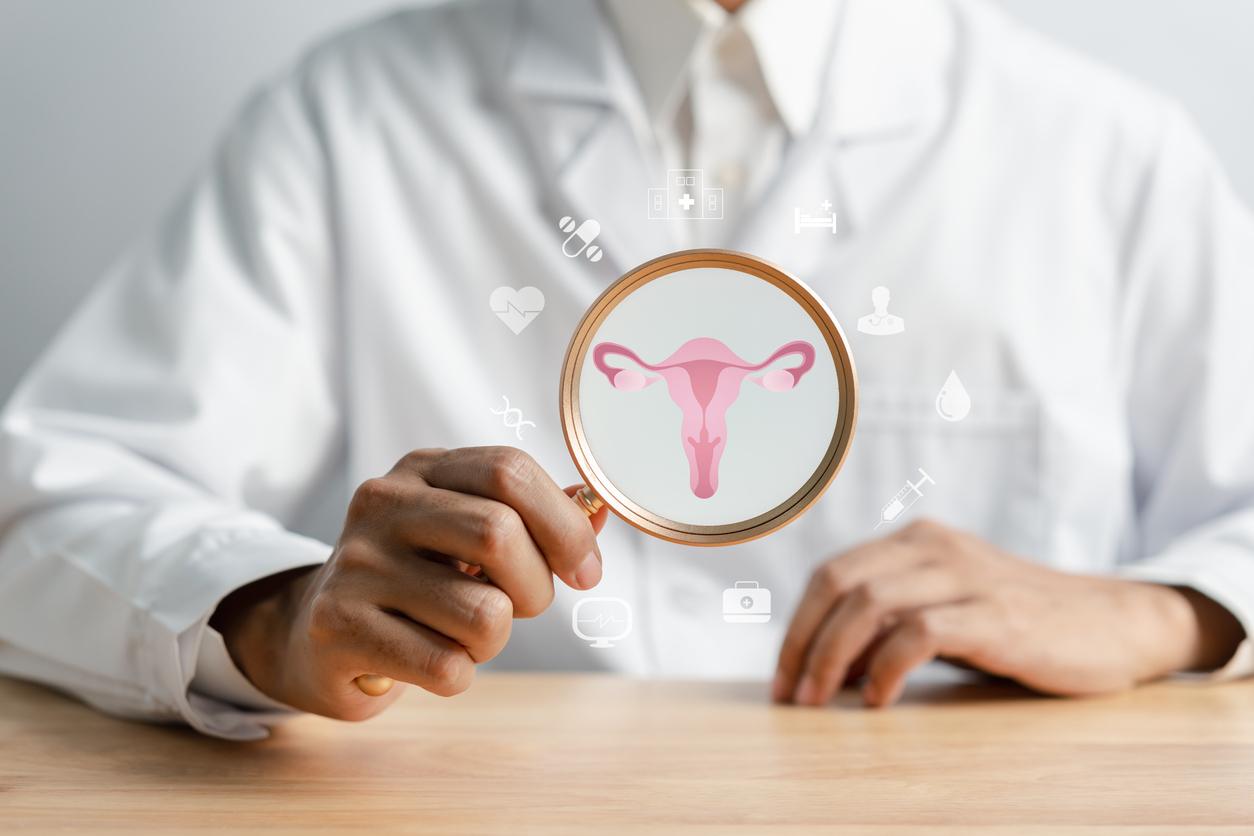A new study reveals the hormonal system abnormalities that may lie behind polycystic ovary syndrome affecting women.

- Polycystic ovarian syndrome (PCOS) is a common hormonal disease among women of childbearing age: 5 to 10% of them are affected. It generates excessive production of “male” hormones, with various symptoms: ovulation disorders causing irregular cycles and infertility, excessive hair growth, hair loss, etc.
- If the hormonal abnormalities causing PCOS were until now little known, Inserm researchers have just highlighted the potential role of a hormone in the onset of the disease.
- While PCOS manifests itself in particular by an accumulation of immature follicles in the ovaries, they discovered that these follicles were insensitive to estradiol, a locally produced hormone involved in their maturation and in ovulation.
Polycystic ovary syndrome, or PCOS, is a very common hormonal disease among women of childbearing age: 5 to 10% of them are affected. Generating excessive production of “male” hormones, particularly testosterone, the disease causes different symptoms depending on the patient: ovulation disorders causing irregular cycles and infertility, excessive hair growth, hair loss, acne, overweight, diabetes…
If the hormonal abnormalities at the origin of PCOS were until now little known, researchers from Inserm at Paris Cité University have just highlighted the potential role of a hormone, estradiol, in the appearance of disease.
The role of estradiol in the occurrence of polycystic ovary syndrome
PCOS is characterized in particular “by an accumulation of immature follicles in the ovaries of patients”explains researcher Stéphanie Chauvin, lead author of the study, in a article. As a reminder, ovarian follicles are structures composed of nourishing cells which contain a liquid rich in growth factors, nutrients or even hormones, in which an immature oocyte bathes. These follicles develop gradually to allow the maturation of this oocyte and its release, that is to say ovulation.
However, this process depends in particular on estradiol: without this locally produced hormone, the follicles cannot mature, and ovulation cannot take place. But why ? From samples taken from women with PCOS and others without, as part of a PMA course, researchers were able to study the effects of estradiol on the nurse cells which allow this follicular development.
Follicles of women with PCOS are unresponsive to estradiol
As a result, the team found that, in women affected by the disease, estradiol is produced in normal quantities but that its concentration in the follicular fluid is lower than expected. In other words, their follicles are insensitive to this hormone. “The proteins responsible for protecting the hormone are also present in lower quantities. We therefore assume that the hormone is more degraded in these women”underlines Stéphanie Chauvin.

Furthermore, estradiol has no retroactive effect on the nurse cells of sick patients: in cases of PCOS, it no longer modifies the expression of genes involved in follicular development. “The patients’ cells do have estradiol receptors, but the intracellular signaling pathway theoretically activated by this hormone seems blocked: the cells do not respond to the hormone.”
The researcher now plans to take the research further: “We need to find out why this hormone does not act as expected in the follicles of women with PCOS, to try to develop new therapeutic approaches.”

















